Table of Contents
Citrus scraps are fine to compost, but be aware that their inclusion can affect the pile’s pH levels. The fruit and peels are packed with nitrogen that can boost microbial development, increasing your compost pile’s efficiency for breaking down organic materials. Sprinkling a thin layer of hydrated white lime over your citrus scraps can negate their acidity and neutralize your compost.
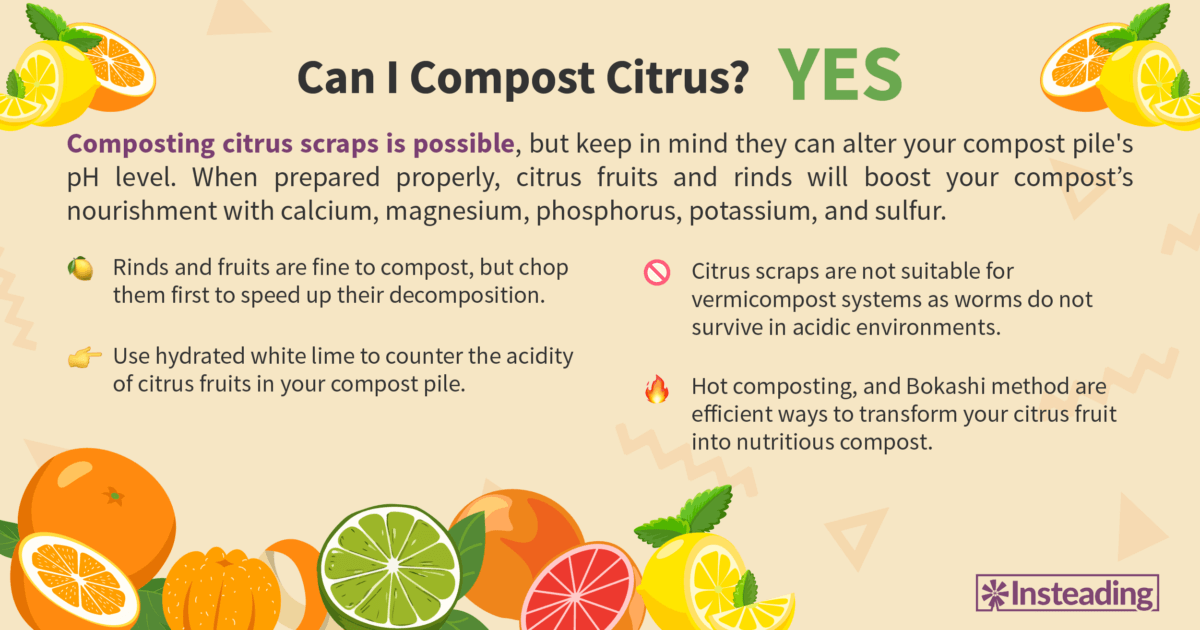
Composting methods suitable for handling citrus fruits include hot composting, cold composting, and Bokashi method. A vermicomposting system is unsuitable for processing citrus scraps into nutrient-rich worm castings because worms are sensitive to acids and can die off with the addition of citrus rinds.
If you’re unable to compost at home, explore other sustainable alternatives (below) before sending your citrus scraps to the landfills.
How to Compost Citrus
You can compost citrus fruits including clementines, grapefruits, limes, lemons, mandarins, and oranges. These fruits and their peels are rich in nitrogen, an element vital for the growth and development of composting microorganisms. Minerals like calcium, magnesium, phosphorus, potassium, and sulfur will nourish your compost when incorporated in your bin or pile correctly.
However, do not overload your compost with citrus scraps. These fruits are acidic and can throw off your bin or pile’s pH level, especially in large amounts. Hydrated white lime is an excellent deacidifying agent to counter this issue.
To start composting citrus, proper preparation and optimal composting conditions are crucial to successfully convert your citrus scraps into beneficial humus-like compost.
Preparing Citrus for Composting
Inspect your citrus fruits and omit any nonbiodegradable labels, stickers, or tags on the fruit. These inorganic components contain plastic and vinyl that do not decompose like the rest of your organic materials. Additionally, chemicals from these can harm composting microorganisms.
Pick out any remaining citrus seeds to avoid accidental growth in your compost pile. If you opt to process them, build a hot pile that should at least reach 145 degrees Fahrenheit.
Citrus wastes require significant time to break down. To help accelerate their decomposition, chop the fruit and rinds into smaller pieces using a kitchen knife or a pair of scissors. As a general composting rule, the smaller your compost materials, the faster they disintegrate.
Combine the chopped citrus fruits and peelings with other nitrogen-rich materials. Layer with carbon-rich materials and aim for the optimal composting conditions below.
Optimal Composting Conditions for Citrus
To ensure successful composting, follow the ideal ratio of 30 parts carbon materials for every 1 part nitrogen. Brown materials include dry leaves, shredded brown cardboard, untreated sawdust, and wood chips. Coffee grounds, food scraps, fresh grass clippings, fruit scraps, and vegetable trimmings should be treated as nitrogen-rich green ingredients.
You can integrate the citrus scraps deep at the center of the pile, where the most intense heat is. Doing this step will accelerate decomposition.
Citrus fruits contribute small amounts of moisture to your compost, helping your organic matter disintegrate faster. Keep your compost heap wet, but not soggy. Excess liquids can trigger anaerobic decomposition and unpleasant smells. If you notice your bin or pile becoming flooded, add more carbon materials. They absorb liquids well.
Don’t let your compost heap go dry, because lack of moisture can slow down decomposition. Add more water or nitrogen-rich materials to increase the moisture content of your compost.
Hot piles should reach anywhere between 90 to 140 degrees Fahrenheit. Turning your compost with a pitchfork or a shovel will aerate your organic materials, improving its oxygen circulation. When composting citrus scraps with their seeds, aim for higher temperatures — above 145 degrees Fahrenheit.
Sustain these conditions to successfully transform citrus scraps into nutrient-rich soil amendment.
How Long Does Citrus Take to Compost?
In a well-managed pile, citrus fruit and peels completely decompose in six months or more. Citrus peelings contain an organic antiseptic chemical known as d-limonene. Only a few microorganisms can successfully consume d-limonene — making the rinds harder to break down.
Moreover, the pile’s heat, oxygen, and moisture levels significantly impact the decomposition rate of these wastes. You can speed up their decomposition by cutting your citrus fruit scraps and rinds into smaller pieces.
How Citrus Affects the Composting Process
Citrus fruits are great additions to your compost pile, but their high acid and moisture content can considerably impact your composting process.
Impact on Decomposition
The adipose cells in citrus fruits (which contain the fruit’s natural oils), decompose slower than other organic wastes. These cells, combined with the chemical d-limone, are what make citrus rinds hard to break down.
Correct preparation of these materials can speed up their decomposition. You can bake the peels in the oven, or dry them under the sun until crisp. Cut the dried rinds to speed up decomposition.
Additionally, citrus scraps’ acid content raises concerns for most composters. Overloading the pile with citrus can make the compost overly acidic, which can kill beneficial microorganisms. If you don’t intend to produce acidic compost for acid-loving plants like azaleas, blueberries, and lilies, it’s best to sprinkle some hydrated white lime to neutralize the acidity.
Microbial Activity
Microorganisms crucial for composting don’t thrive in extremely acidic environments so excessively acidic compost can hinder the effective decomposition of your organic waste. Therefore, avoid piling too many citrus scraps onto your compost pile, and use hydrated white lime to reduce acidity.
But the nitrogen found in citrus fruits promotes the growth and development of beneficial microorganisms. When you combine these with carbon-rich brown materials, you can improve the efficiency of your compost bin or pile.
Temperature and Moisture
A vigorous activity of microorganisms can raise the temperature of your compost heap to the optimal range. Including moderate amounts of chopped citrus fruits and rinds can enhance this activity. To avoid harming your composting microorganisms, ensure you remove any nonbiodegradable components from your citrus fruits.
Citrus fruits provide minimal amounts of moisture to your compost — just enough to keep the pile wet. Avoid excess liquids to prevent anaerobic decomposition and unpleasant smells.
Potential Issues With Composting Citrus
Acidification of your compost, pest problems, and pungent odors are risks to be aware of when composting citrus scraps. Learn ways to alleviate these risks below.
Will Composting Citrus Make Compost More Acidic?
Acidity of citrus fruits can disrupt your compost pile’s pH balance. Large amounts of citrus rinds can slow down decomposition. To counteract this issue, use hydrated white lime on your citrus waste. This substance reduces acidity, promoting more efficient decomposition of your organic matter.
Will Composting Citrus Attract Pests?
Ants, fruit flies, and other critters can be attracted to citrus scraps. Ripened citrus fruits are more prone to draw in pests due to their higher sugar content. Maintain a balanced mix of brown, and green materials, and adhere to the optimal composting conditions of citrus waste.
You may also cover your compost pile with a sheet of board or plywood to keep out unwanted visitors.
Will Composting Citrus Cause Odors?
Citrus fruits slowly decomposing can give off unpleasant odors. The smells can also worsen if excess liquids create anaerobic conditions within your compost pile. You can prevent odors by regularly aerating your compost pile, minimizing excess moisture, and maintaining ideal compost conditions.
Methods for Composting
Explore the methods suitable for processing citrus waste into nutrient-rich compost.
Hot Composting
Chopped citrus scraps will benefit your hot pile. Apart from its valuable nutrients, citrus has nitrogen that can support healthy microbial development and growth. The heat produced by these microorganisms “cooks” your organic wastes, accelerating their decomposition. Hot composting yields finished compost faster than other methods.
However, tending to a hot pile can be labor-intensive — it requires frequent turning and regular temperature checks to maintain optimal temperatures. A pitchfork, or shovel and a long-stemmed backyard thermometer are useful tools when tending to a hot pile.
For best results, place your citrus scraps in the center of the hot pile where the heat is most intense.
Cold Composting
If you’re looking for a low-maintenance approach, cold composting might be the answer. You can leave cold piles alone and let your organic wastes decompose naturally. Bacteria, fungi, insects, and external elements are the primary agents of decomposition in cold piles.
When cold composting citrus fruits, remember to balance your brown, and green materials. Remove any remaining citrus seeds as cold piles do not have high temperatures enough to eliminate the seeds. Chopping your citrus fruits and rinds and drying until crisp will further accelerate decomposition.
Open pile for cold composting should be covered with a sheet of board or plywood to curb pest problems.
Vermicomposting
Worms do not survive in an overly acidic environment. The additions of citrus scraps can harm your worm farm as they are sensitive to acids. Plus, some species of worms can’t consume citrus scraps. Hence, you should avoid adding citrus to your worm bin and consider other composting methods instead.
Bokashi Composting
In moderate amounts, it’s safe to include citrus scraps to a Bokashi bin. Originating from Japan and Korea, this method involves the use of a specialized Bokashi bran inoculant, and a Bokashi bucket with a lid. Bokashi isolates your food scraps from oxygen, prompting anaerobic decomposition.
Avoid overloading your bucket with chopped citrus to ensure proper fermentation of your organic wastes.
Alternatives to Composting Citrus
Consider other sustainable options to divert citrus scraps from landfills.
Industrial Composting of Citrus
Local material recovery facilities accept organic wastes like citrus scraps for commercial composting. Agriculture and other industries will benefit from the resulting compost.
Contact your nearest industrial composting facility to learn how they accept such wastes. This is a great alternative to home composting.
Upcycling Citrus
Citrus rinds are as valuable as the citrus fruit and juice themselves. These kitchen wastes have huge upcycle value — especially for household use. For instance, excess orange juice can be used to remove food stains on top stoves.
Citrus Peels as Natural Fresheners
Citrus peels are packed with natural oils that can give a refreshing whiff to your space. To use them as natural fresheners, grind your disposable rinds and put them in a bowl. They work well as neutralizers for unwanted smells at home, providing a fresh citrusy scent.
You can also turn them into an eclectic mix of potpourri.
Sweetened Citrus Peel Snacks
Cooking this delicious recipe is a great way to reduce your food waste at home. Citrus peels can be transformed into sweet, guilt-free treats that are easy to make. Simply cut your peels into thin strips and boil them in water for 15 minutes.
Dissolve sugar in water in a separate saucepan. Add your boiled citrus strips and boil for 45 minutes until the syrup becomes sticky. Spread out the sugary citrus strips on a tray and let them cool before serving.
Citrus Peels for Acid-Loving Plants
Azaleas, blueberries, lilies, nasturtium, and radishes flourish in acidic soils. Citrus peels can provide nutrients necessary for these types of plants. To use them as mulch, pulverize your dried citrus peels and apply the resulting powder over your garden soil.
Feeding Citrus to Chickens and Livestock
Feeding citrus scraps to your livestock should be done carefully, as some animals are sensitive to acidic foods. When feeding citrus to your animals, it should be done in moderation. Provide other food sources, apart from citrus fruits, to your livestock.
Chickens can safely consume small portions of pulverized citrus scraps — including the fruit and the rinds. Grinding your citrus will prevent choking incidents. Citric acid from these scraps can improve digestion, and boost feed efficiency in chickens, but avoid overfeeding them, as citrus can greatly alter the taste of eggs from laying hens.
The United States Department of Agriculture (USDA) also encourages integrating moderate amounts of citrus by-products into your cows’ diet. Citrus pulp and rinds have an antimicrobial effect on the cow’s digestive tract.
Your canine pet can be fed with Mandarin oranges, tangerines, and clementines. Avoid the peels, as it can lead to toxicity. Diarrhea, drooling, muscle spasms, weakness, and vomiting are some clinical symptoms of citrus toxicity.
Cats can be fed oranges in moderation, but avoid feeding them grapefruits, lemons, and limes. The naturally strong scent in citrus fruits tends to repel cats away.
Dried citrus by-products can be supplemented with regular feeds for lambs and sheep.
Disposal Options for Citrus
If none of the options above are feasible, collect your citrus craps and dispose of them properly in an appropriate waste bin. Seal them in a biodegradable bag to prevent pest problems.
What Citrus Shouldn’t Be Composted?
Traces of synthetic chemicals from treated citrus fruits can leak into your compost bin or pile. If you want to keep your compost completely organic, separate these chemically-treated citrus scraps and explore other disposal options.
Composting moldy citrus scraps should be handled with care. If you are immunocompromised or have respiratory issues, put a face mask on and use gloves when composting rotting or moldy citrus.
Safety and Precautions When Composting Citrus
To minimize potential risks when composting citrus, prepare the scraps correctly and maintain optimal conditions for the compost pile.
After your composting activity, wash your hands in running water with soap.
FAQ
Can citrus fruits go in a traditional compost bin or pile?
Traditional compost bin or pile can process minimal amounts of organic waste from citrus fruits. Correct preparation and ideal composting conditions are necessary to yield the best compost quality out of citrus scraps.
Can I put whole citrus peels in my compost?
You can put whole citrus peels in your compost pile, but be aware that they are slower to disintegrate. To accelerate their decomposition, cut your citrus peels into small pieces.
What’s the best way to balance citrus in my compost pile?
Sprinkle a thin layer of hydrated white lime to counter the acidity of your citrus scraps. Doing this step will help neutralize your compost pile’s pH level.



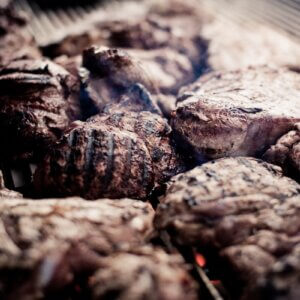









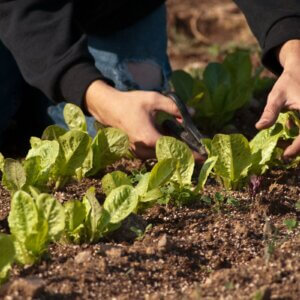

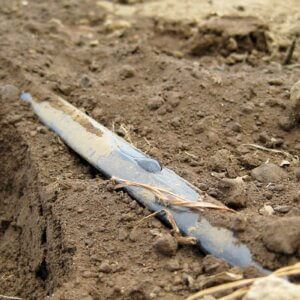
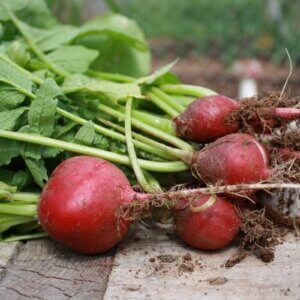







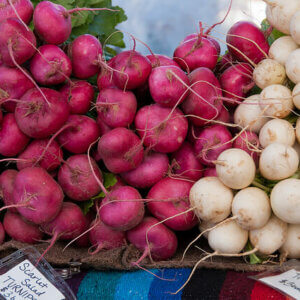








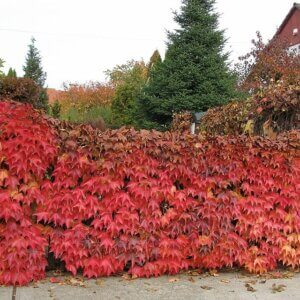


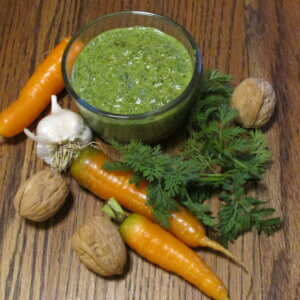


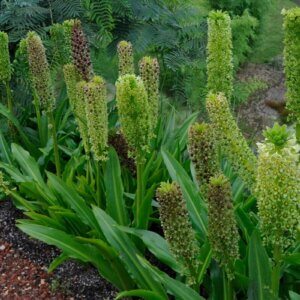

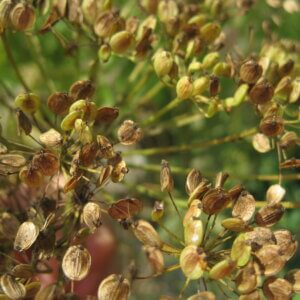
Leave a Reply